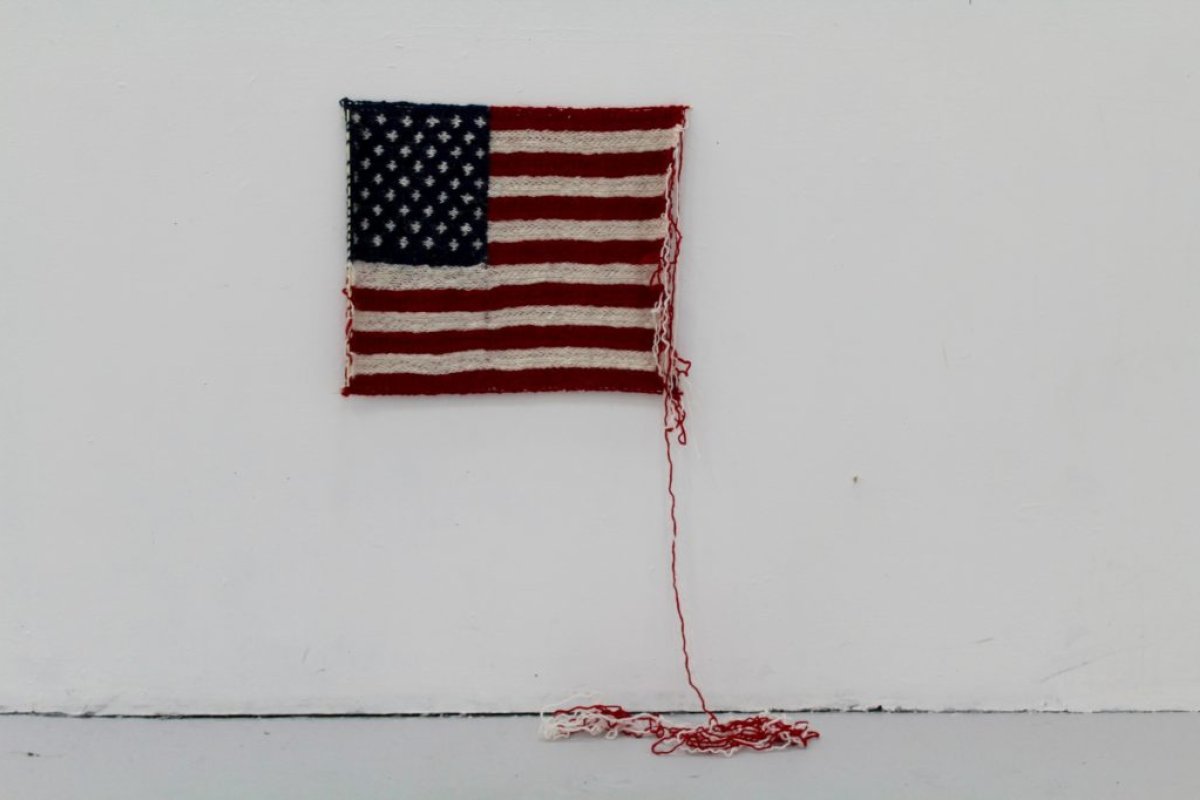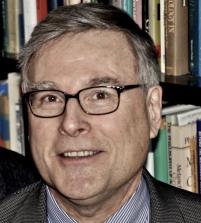
On Social Dissolution: Lost Threads and Forgotten Dogmas
From passing conversations on the street to extended news commentaries on air and online, it is hard to miss the pervasive sense of social breakdown.
§1
From passing conversations on the street to extended news commentaries on air and online, it is hard to miss the pervasive sense of social breakdown. People bemoan the dysfunction of Congress and the rabid political and cultural polarization among us. Culture Wars rage even as commentators try to nuance the discussion and its categories. People scream in School Board meetings about mask mandates and the study of the supposedly insidious Critical Race Theory. (Dear reader--one would have thought nothing drier than a school board meeting. Now they are on-demand local theater!) Still others attack restaurant workers when asked for proof of vaccination. Banners about defunding the Police and (one would hope) the obvious truth that is Black Lives Matter parade through city streets. Meanwhile forests burn, hurricanes pour down and drown people, and the planet heats up. The Washington Post ran a story that climate activists face a new challenge, namely a pervasive anxiety about the future that disempowers action. Yet fear of the future is not limited to the climate. And while religion scrambles over each of these social facts, it is more likely seen as a cause or the fuel for the social fire than an answer to any of them. Let's be honest: the force of social dissolution has gone global with democratic nations struggling at home, the pandemic surging and killing everywhere even as protests against vaccines gain steam and victims around the world, and petty tyrants rant against social media.
Some forty years ago a University of Chicago theologian, Langdon Gilkey, wrote a book, Society and the Sacred: Toward a Theology of Culture in Decline (Crossroads, 1982). It might seem that his foresight was in the subtitle of the book, if it were not for the fact that theologians have always told stories of decline. Remember, or imagine, the "Golden Age" when all was well and right? Positing that the sacred and the demonic are correlative cultural concepts, Gilkey identifies the denial of the sacred as one of the conditions under which the demonic can erupt. My intention is not to argue that somehow the loss of religion is the cause of our social breakdown. That would, I fear, only aid and abet forces of further dissolution. The point is that religion is obviously at play in social life, one way or another. It is just not clear in what way. My tactic will be to look for an answer in lost threads and forgotten dogmas.
§2
We turn first to threads. In her recent column for The Wall Street Journal, Peggy Noonan makes a passionate argument that America has lost the thread. What she means, bemoaning that seemingly mythic time of social unity after 9/11, is that the common cause and concern of America, the "thread" that binds us together, is now lost. True enough, one must nod. There is little doubt that "Americans" had a sense of shared grief, aid, and destiny in the days and weeks following the 9/11 attacks. True enough as well that since then xenophobic, racists, sexist, and violent forces have slithered into our social life. Recall that the original motto of "these United States" was, "E Pluribus Unum," (From Many to One) but is now clearly lost and so too is Eisenhower's signing into law the current motto in 1956: "In God we Trust."
To be honest, neither Noonan's nor Eisenhower's arguments hold up in the face of scrutiny. Noonan writes that,
Following the trauma and drama of 9/11 we started discovering in some new way our nation’s meaning—what it was in history, meant in history, meant to us. We talked about it. We saw: The first thing the firemen did after the towers fell was put up the flag.
Who could wish, let alone desire, such a unity foisted on a flagpole without any question of the hundreds and hundreds of years of racial, sexual, economic, and social oppression in this land? And when, honestly, have these States been under one conception of God, a question posed by commentators from De Tocqueville to the present? Does unity come at the expense of historical truth?
The flag raising after 9/11 is obviously true, check the photos, but the idea that any democracy, from ancient Athens to nowadays, has been a unified one is risible. So too, the notion of any society as united under God. Democracy is sloppy, contested, and agonistic; so too is every society. The best we can say, and I'll return to this point, is a rendition of an ancient idea: "civilization is the triumph of persuasion over force." If we have lost our "thread," it is not that we were ever unified, even after 9/11 or under God, but that we are at risk of forsaking persuasion for force, of regressing from civilization into barbarism.
§3
What about "dogmas" in our current splintered context, realizing (rightly) the problematic notion of dogma itself? Wanting to be aware of various forms of public discourse, I noted an essay in Law and Liberty, backed by the Liberty Fund, on the sociologist Robert Nisbet’s idea of social decay. Like many contemporary sociologists, Nisbet was aware that modern societies don't huddle under one "sacred canopy" (Peter Berger) or fall into a neat sacred, secular, post-secular schema (Charles Taylor), but are composed of interacting subsystems (economics, law, politics, education, media, etc.) each with its own orienting goods, or what Nisbet called "dogmas," and, we can add, communicative codes. The good of education, he insisted, was the conviction that knowledge is good.
Granting the endless debates about how to define "knowledge," or even harder "good," this dogma seems at least intuitively right. What is the point and purpose of an educational system if knowledge is not a basic human social good? Yet sadly, there is, presently, the decay of knowledge into one's personal convictions and there are endless struggles over what counts as historical "fact," if there are facts. Ignorance is socially coercive and so leads to its own dogma, attributed to Thomas Hobbes and Francis Bacon, that knowledge is power. The equation then too easily becomes power is good, and with it the slide, again, into barbarism. In order to avoid that deadly equation, a people must understand that the good of knowledge is linked to their lives together, the common good. And the common good is sustained by persuasion and not force. These "dogmas" seem to be the lost thread within the attacks on knowledge.
§4
What role does religion play in the current slide from persuasion to force, from the common good of knowledge into the quest for power, and so, seemingly, bringing about a social world that verges on barbarism? Sad to say, religion is often in the starring role: challenging the medical discovery of the Covid-19 vaccine, driving people to embrace conspiracy theories, fomenting racial conflict, but also, on the left and the right, demonizing others as delusional and vicious. And in the not-too-distant past we had forced religious conversions, punishment of heretics, and every other manifestation of barbarism. What then? One can only hope that in our time of global social dissolution, some will affirm an ancient but oft forgotten dogma that weaves its way through the religions. Wherever truth is found, wherever persuasion constrains force, and wherever the good of knowledge and wisdom is sought, these three threads are to be affirmed as the common, if fragile, treasures of social life.
Image via creative commons.
Sightings is edited by Alireza Doostdar and Willemien Otten. Sign up here to receive Sightings via email. You can also follow us on Facebook and Twitter. The views and opinions expressed in this article are those of the author and do not necessarily reflect the position of the Marty Center or its editor.


